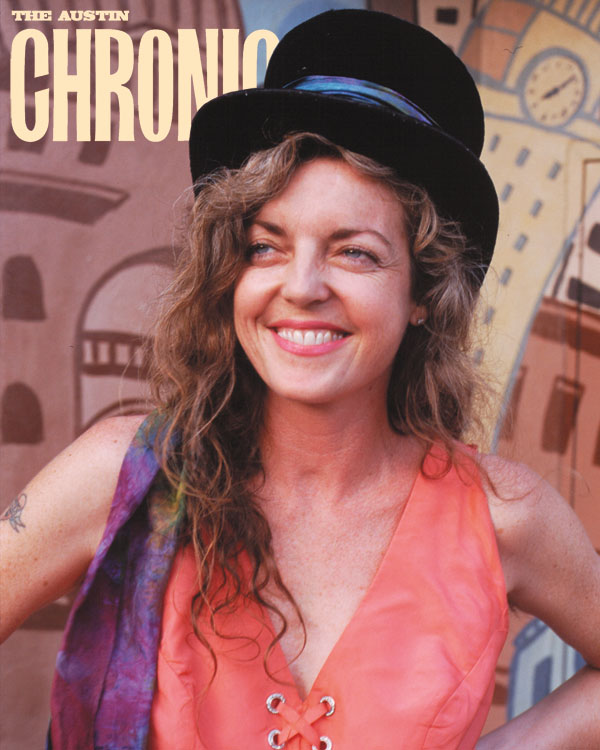Toni Price Obituary, Death – Toni Price, the revered country-blues vocalist and a staple of Austin’s live music scene, passed away on Friday at age 63 due to complications from a brain aneurysm. Price, whose soulful voice and captivating stage presence made her a local icon, left behind a legacy that cemented her as one of Austin’s most beloved performers.
Born Luiese Esther in Philadelphia in 1961, Price adopted the name Toni during a Nashville summer camp talent contest at age 10, where she performed One Tin Soldier. Growing up in Nashville, the epicenter of country music, she released a handful of country singles before relocating to Austin in 1989. Her manager, Cameron Randle, saw her fitting perfectly into the city’s rich blues scene, and her move sparked a 30-year connection with the Texas capital.
Finding a Home in Austin’s Music Scene
Price quickly became a fixture at Antone’s nightclub, a cornerstone of Austin’s blues culture. There, she formed bonds with prominent local musicians like Lou Ann Barton, Marcia Ball, and Angela Strehli, who warmly welcomed her into their community. In a 2001 interview with The Austin Chronicle, Price reflected on the supportive camaraderie she found in Austin:
“No competition, just, ‘Come on, little sister, hop on!’ In Nashville, everybody hates everybody; it’s not loving like it is here. Clifford Antone was, ‘Come in to the Home of the Blues.’ Just welcomed me.”
Though she was not a songwriter, Price’s unique vocal interpretations made her a standout. Her collaborations with songwriters like David Olney, Blaze Foley, J.J. Cale, and Gwil Owens, her longtime partner in music since 1986, showcased her ability to bring new life to their compositions. She described her role as a singer with humility, saying:
“I can put a dress on [a song], take it up, put on jewelry, a belt, whatever, but I didn’t make the dress. … Some people open their mouths to sing and that’s what I do.”
The “Juke Joint Madonna” and Her Iconic Residencies
Toni Price became synonymous with Austin’s vibrant live music culture. She hosted the legendary “Hippie Hour” residency at the Continental Club for 22 years, drawing devoted fans every Tuesday night. Backed by renowned local musicians such as Champ Hood, Denny Freeman, and Casper Rawls, her performances became the heart of Austin’s blues scene. Even after retiring from the Continental Club, she continued her weekly tradition at the Little Darlin’.
Her reluctance to tour didn’t hinder her success. Price’s albums consistently ranked among Austin’s best-sellers, with five releases earning spots on Waterloo Records’ top 100 all-time bestsellers list in 2018.
Awards and Advocacy
Between 1993 and 2004, Price garnered 12 Austin Music Awards, including honors for “Best Female Vocals,” “Album of the Year,” and “Best Blues.” In 2017, she was inducted into the Austin Music Hall of Fame. Despite her accolades, Price was unafraid to voice her concerns about the local music industry. She criticized The Austin Chronicle and the South by Southwest (SXSW) festival for their treatment of artists, notably calling out the conference for underpaying musicians long before it became a widespread issue.
A Lasting Legacy
Toni Price’s death marks the end of an era for Austin’s music scene. Her warm, honeyed voice, her devotion to live performance, and her unwavering love for Austin made her a cornerstone of the city’s cultural identity. From her early days in Nashville to her decades-long reign as the “Juke Joint Madonna” of Austin, Price leaves behind a legacy of music that will continue to inspire generations of artists and fans alike.
She is survived by the countless musicians she mentored, collaborated with, and inspired throughout her career.
